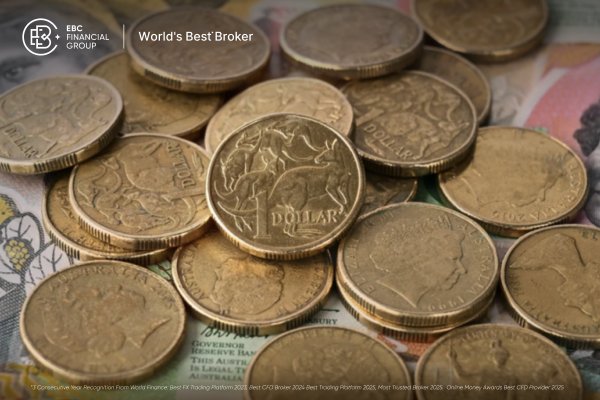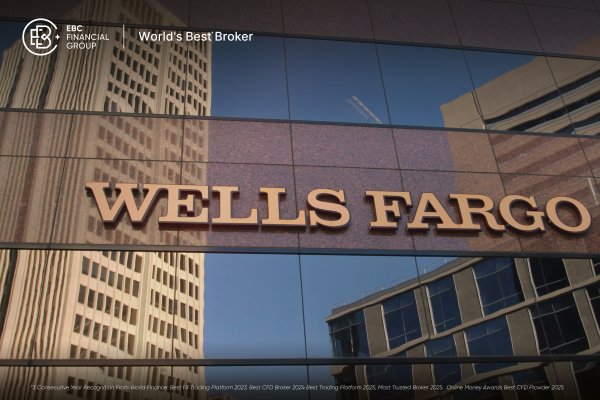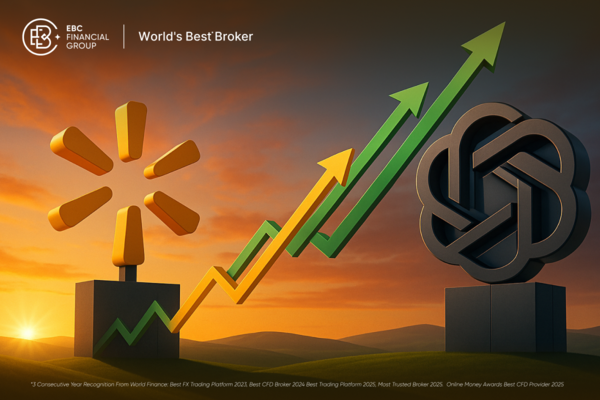Switzerland's choice to keep the franc is much more than just a matter of national pride; it's the core of its financial strength and economic plan. Because the Swiss National Bank (SNB) operates completely independently, it can set its own interest rates and policies.
This creates big differences in how the franc and the Euro are valued, which is extremely important for travelers, international businesses, and traders.
Why Doesn’t Switzerland Use the Euro?
Switzerland is not a member of the European Union, and therefore has no obligation to adopt the euro or follow the European Central Bank’s monetary policy.
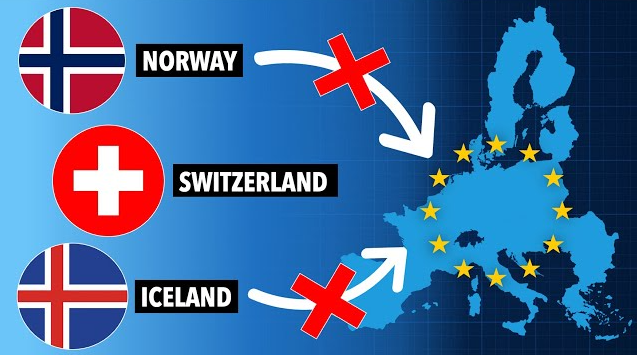
Swiss citizens have repeatedly voted in favor of keeping the franc in national referendums. For many, the Swiss franc represents economic sovereignty, financial control, and protection from volatility in the broader eurozone.
By maintaining its own currency, the Swiss National Bank can independently manage inflation, set interest rates, and safeguard the domestic economy from external shocks.
Can You Use the Euro in Switzerland?
Technically, no, the euro is not legal tender in Switzerland. However, the euro is widely accepted as a secondary currency in border regions and major tourist cities like Geneva, Zurich, and Basel.
Still, the Swiss franc remains the standard. Prices listed in euros are often less favorable, and you’ll usually receive change in francs. Government services, public transport, and taxes must be paid in Swiss franc (CHF).
How the Swiss Franc Impacts the Forex Market
In global forex trading, the Swiss franc (CHF) holds a reputation far beyond Switzerland’s size. It’s one of the most actively traded currencies in the world, often appearing in key pairs such as EUR/CHF and USD/CHF.
Many institutional traders use the franc as part of their risk-off hedging strategy.
When markets expect volatility, funds often move from risk currencies like the euro or pound into CHF positions. This pattern reinforces the franc’s inverse correlation with global risk sentiment and keeps it central to forex risk management portfolios.
For example, when the euro weakens due to regional instability, the franc often strengthens as investors seek stability. This relationship gives traders valuable insight into European market confidence.
In short: the Swiss franc doesn’t just reflect Switzerland’s economy, it influences how traders around the world interpret risk, safety, and stability across Europe.
Why the Franc Is Considered a Safe-Haven Currency
The Swiss franc has earned its “safe-haven” status through decades of political neutrality, sound fiscal policy, and conservative central banking. In times of global uncertainty, whether economic crises or geopolitical tension, investors often turn to the franc as a store of value.

Several factors support this trust:
Stable inflation and low interest rates maintained by the Swiss National Bank (SNB).
Strong banking sector with high levels of liquidity and transparency.
Low public debt and prudent government spending.
Consistent current account surpluses, reflecting more exports than imports.
Together, these create a financial environment where confidence remains high even when other currencies face turbulence.
That’s is why during major events like global recessions or political shocks, the Swiss franc often appreciates, not because of speculation, but because it represents safety and reliability.
For Investors and Businesses
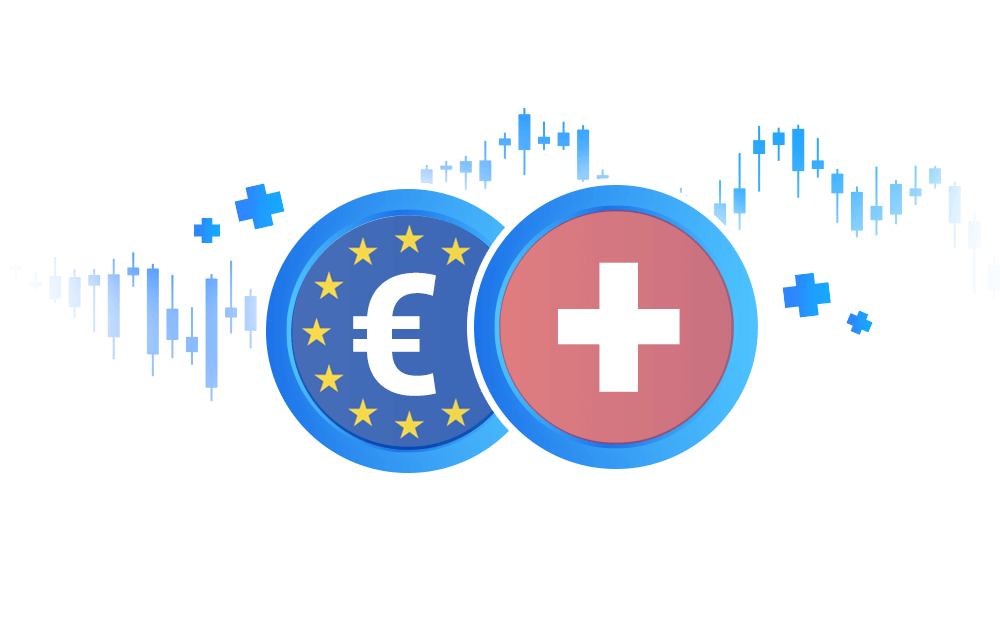 From a financial perspective, knowing that Switzerland does not use the euro is crucial. The Swiss franc is one of the world’s most stable and trusted currencies often viewed as a safe-haven asset during global uncertainty.
From a financial perspective, knowing that Switzerland does not use the euro is crucial. The Swiss franc is one of the world’s most stable and trusted currencies often viewed as a safe-haven asset during global uncertainty.
Outside the EU framework, investors face currency risk when trading or holding Swiss assets. This independence, however, shields the Swiss economy from eurozone instability.
For traders, this means that movements in the EUR/CHF pair often reflect broader European economic sentiment, making the franc a key barometer for regional strength.
Will Switzerland Ever Adopt the Euro?
At present, there is no indication that Switzerland plans to adopt the euro. Joining the euro would require full EU membership and the transfer of monetary control to the European Central Bank, conditions that conflict with Switzerland’s traditions of neutrality and policy independence.
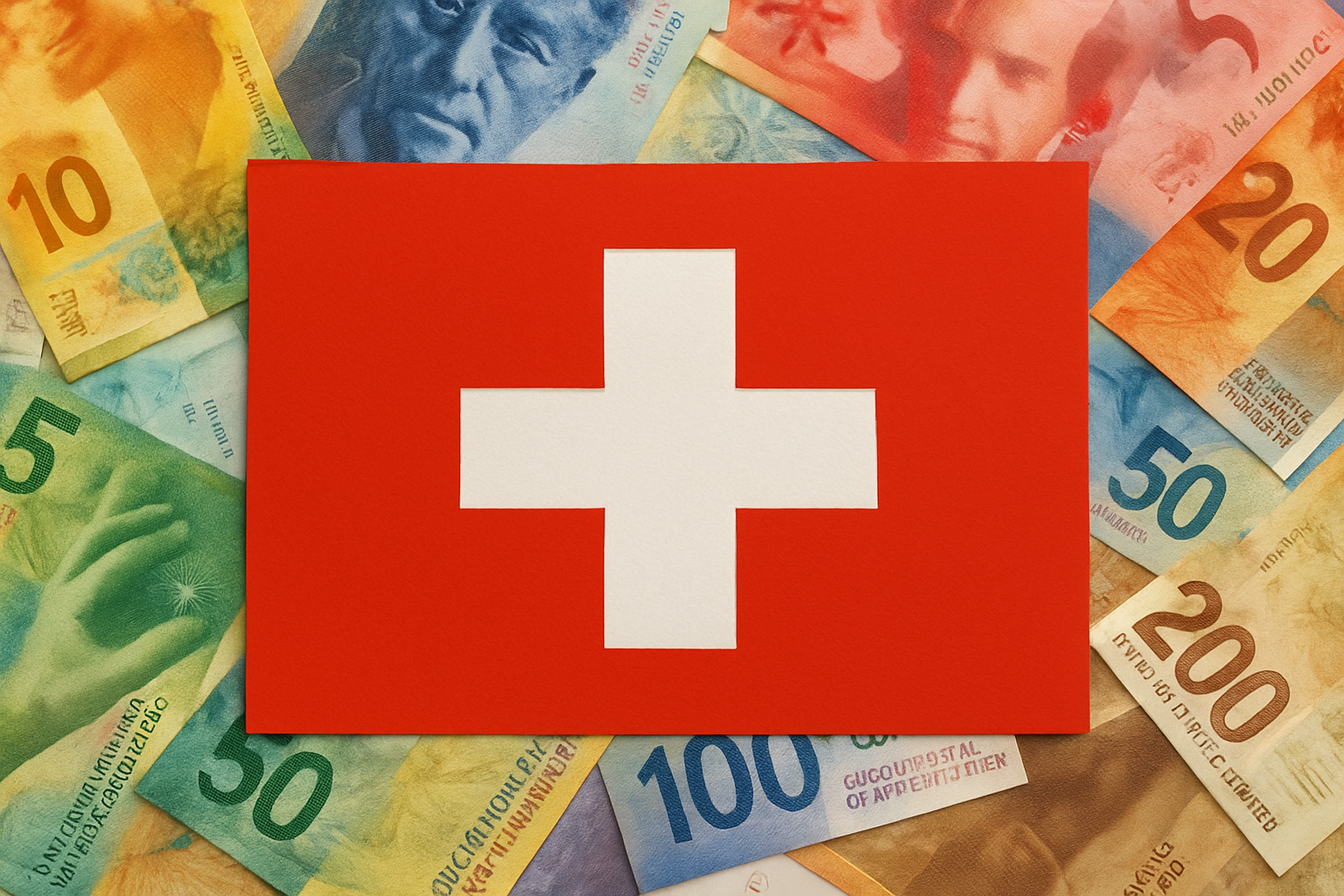
With strong domestic institutions and a robust financial system, the Swiss public and government alike have little appetite for euro adoption.
So, for the foreseeable future, the answer to “Does Switzerland use the euro?” remains a firm no. The Swiss franc continues to stand as a symbol of national pride, financial discipline, and self-determination.
Frequently Asked Questions (FAQ)
1. Does Switzerland use the euro?
No. Switzerland uses the Swiss franc (CHF) as its official currency, not the euro. The euro is accepted in some tourist areas and border cities but is not legal tender nationwide.
2. Why doesn’t Switzerland use the euro?
Switzerland is not part of the European Union, so it has no obligation to adopt the euro. The Swiss prefer to keep monetary independence through the Swiss National Bank, which allows them to control interest rates, inflation, and currency stability.
3. Can I pay in euros while visiting Switzerland?
In some major cities and tourist zones, you can pay in euros, but change will usually be given in Swiss francs. For everyday spending, it’s best to use francs or a multi-currency card for better rates.
4. What is the exchange rate between the Swiss franc and the euro?
The rate fluctuates daily based on market conditions. Historically, 1 CHF has traded close to parity with the euro, but it often moves slightly stronger or weaker depending on market sentiment and central bank policies.
5. How does the Swiss franc affect forex trading?
The CHF is a major global currency often traded against the euro (EUR/CHF) and the US dollar (USD/CHF). It tends to strengthen during times of geopolitical or financial stress, making it a key barometer for risk sentiment in Europe.
Final Thoughts
To summarise: Switzerland uses the Swiss franc (CHF) not the euro. While euros may be accepted in some tourist areas, they are not officially recognized or widely used in domestic transactions.
Whether you’re planning a visit, investing in Swiss assets, or engaging in cross-border trade, understanding Switzerland’s independent currency system is essential. The Swiss franc remains at the heart of the nation’s stability and identity and that’s unlikely to change anytime soon.
Disclaimer: This material is for general informational purposes only. It should not be considered financial or investment advice, nor should it be relied upon as a recommendation. Copy trading involves risk, and past performance does not guarantee future results.





 From a financial perspective, knowing that Switzerland does not use the euro is crucial.
From a financial perspective, knowing that Switzerland does not use the euro is crucial. 








